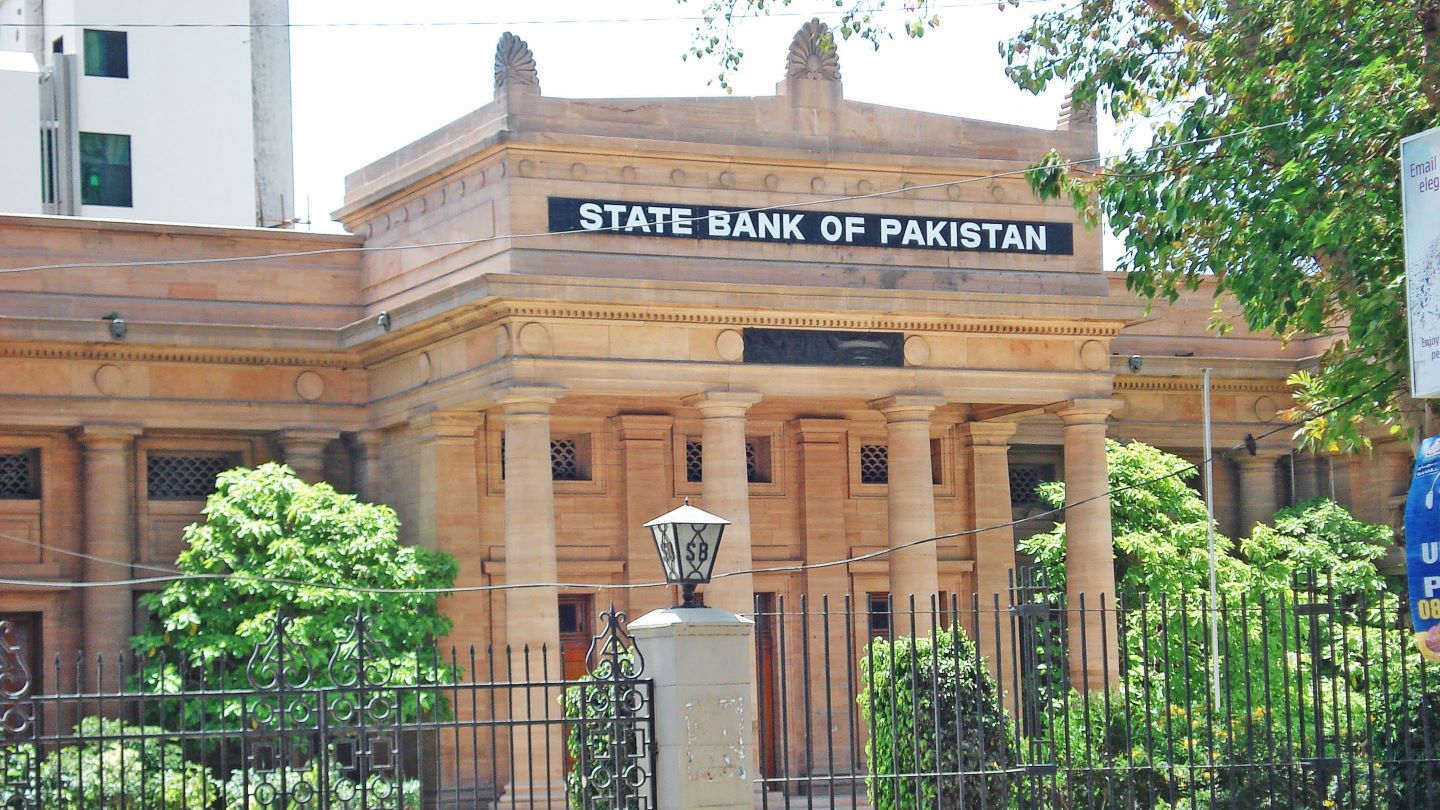
The State Bank of Pakistan (SBP) has unveiled new Real-Time Interbank Settlement Mechanism Plus (PRISM+) System to modernise the country’s financial market infrastructure.
By incorporating the ISO 20022 global messaging standard, Pakistan joins a select group of countries that have adopted this protocol for both small-scale retail and high-value payment systems.

Access deeper industry intelligence
Experience unmatched clarity with a single platform that combines unique data, AI, and human expertise.
PRISM+ is designed to offer a range of new capabilities, including immediate liquidity management, prioritisation of transaction processing, and the facility for scheduling payments in advance.
Additionally, the system is fully integrated with the Central Securities Depository to support various financial activities.
During the inauguration event at the National Institute of Banking and Finance in Karachi, SBP governor Jameel Ahmad emphasised the importance of PRISM+ in meeting the demands of the nation’s payment landscape.
He said: “With PRISM+, we are enhancing the system’s capacity and efficiency to support growing financial market needs.”

US Tariffs are shifting - will you react or anticipate?
Don’t let policy changes catch you off guard. Stay proactive with real-time data and expert analysis.
By GlobalDataThe governor acknowledged the support from the World Bank Group, which was instrumental under the Financial Inclusion and Infrastructure Project and commended the efforts of the SBP team and other contributors for bringing the project to fruition.
He stressed that the implementation of PRISM+ was a result of effective collaboration with various stakeholders, including commercial banks and technology partners.
The governor also noted that PRISM had processed a volume of transactions in the previous fiscal year that was more than tenfold the nation’s GDP.
He added: “As we expand Pakistan’s digital infrastructure, SBP has mandated strict cybersecurity, anti-money laundering (AML) and fraud management and controls frameworks to ensure trust and transparency in the financial system.”
According to him, the country now has over 225 million bank and digital wallet accounts, with 96 million unique users, 28 million registered users of banking apps, 71 million branchless banking users, and 17 million internet banking users.






